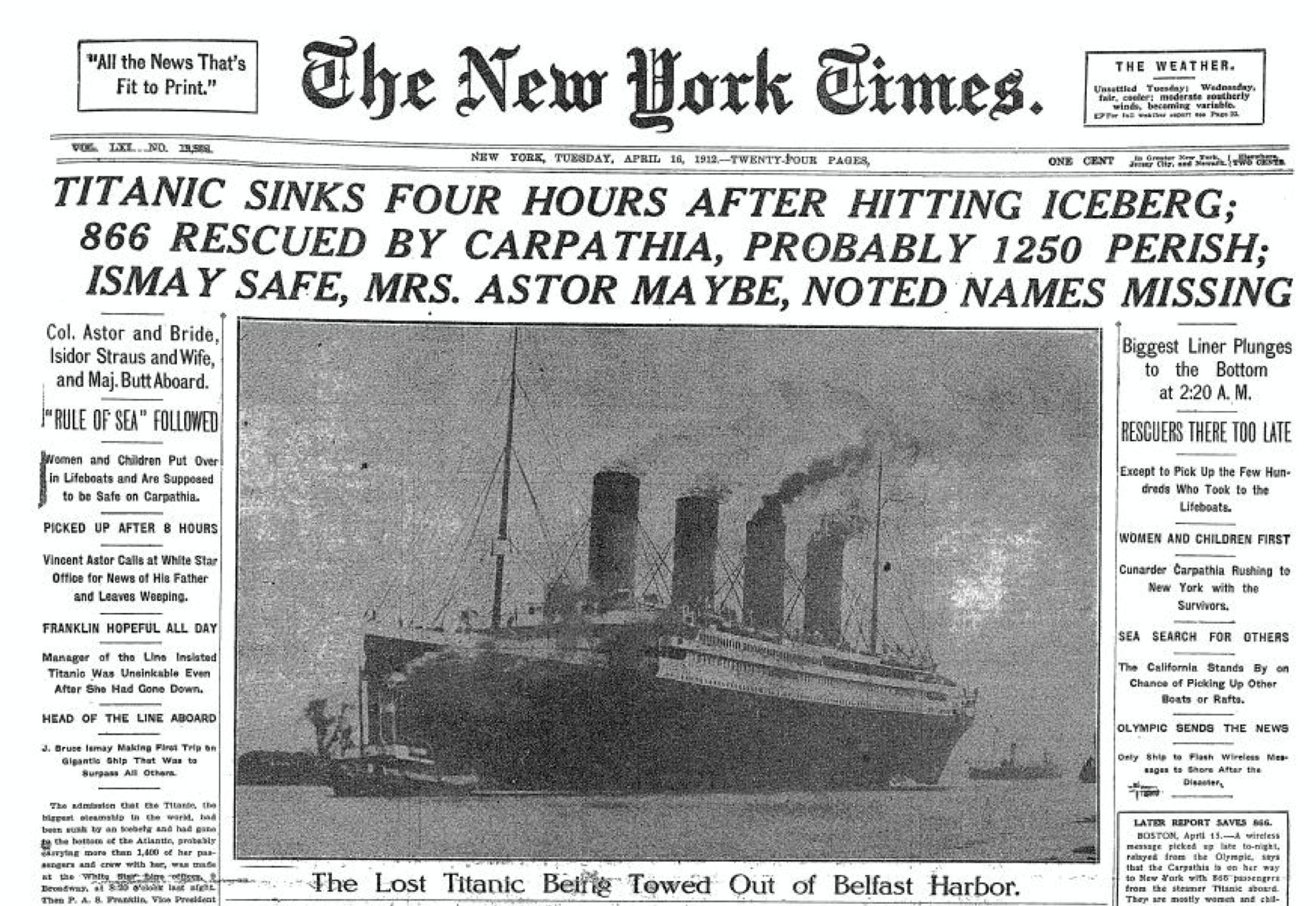Two things that go oddly together: $20 and a quick physical. That’s what my daughter got yesterday so she could try out for the local high school volleyball team. The school recommended the doctor, who was fast, friendly, thorough and cheap. From watching the patients going in and out of the physician’s office, I observed that he provides a valuable service to San Diego’s uninsured.
The doctor’s visit got me to thinking, again, about what’s fundamentally wrong with America’s health-care system and why the Obama Administrations’ reform proposal can’t fix it. The problem and solution go oddly—and quite badly—together. Litigation, not legislation, is the solution.






